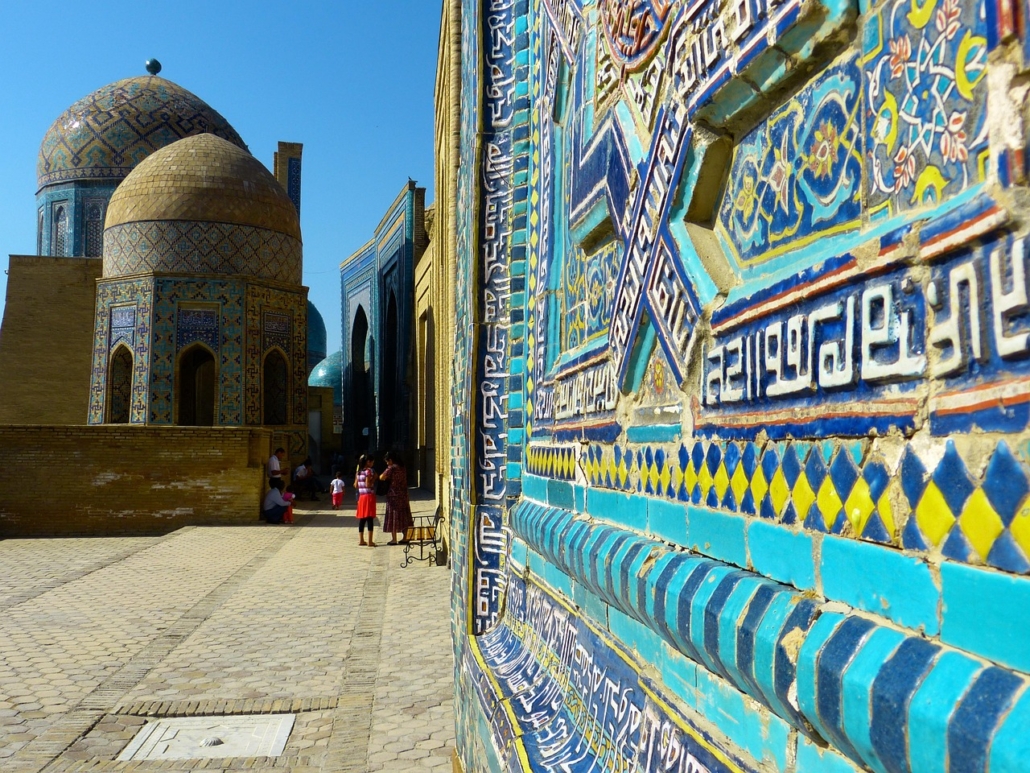5 Initiatives Fighting Poverty in Uzbekistan
 The Uzbek government continues to report progress in tackling poverty in the country. Over the past decade, the Central Asian nation has created new initiatives to improve living standards. According to World Bank estimates, poverty in Uzbekistan has reduced from 36% in 2015 to 17% in 2022. Poverty limits access to education, health care and job security, leading to inadequate housing and starvation. Here are five initiatives tackling poverty in Uzbekistan.
The Uzbek government continues to report progress in tackling poverty in the country. Over the past decade, the Central Asian nation has created new initiatives to improve living standards. According to World Bank estimates, poverty in Uzbekistan has reduced from 36% in 2015 to 17% in 2022. Poverty limits access to education, health care and job security, leading to inadequate housing and starvation. Here are five initiatives tackling poverty in Uzbekistan.
1. Tailored Social Support: “Assistant to the Hokim”
The main strategy to tackle poverty in Uzbekistan is the “Assistant to the Hokim” initiative. Trained representatives are put in every neighborhood to identify and support families that are struggling. Launched in 2021, these assistants are empowered to assess needs, connect people with government services and propose customized solutions. The organization does not just hand out aid, it also finds the causes of poverty for each family and works to support them.
So far, the program has improved 35 million people’s income level. For families lacking work, assistants can arrange job interviews or training. The program also provides support to those who do not have housing by helping them secure land or subsidies. The program works locally so every community can receive help.
2. Giving Rural Families a Stake
Uzbekistan’s government has launched an initiative to distribute unused land that the state owns to low-income families for agricultural purposes. The initiative recognizes that land is one of the most valuable assets in rural economies. Since 2020, the government has allocated more than 260,000 hectares of land to 800,000 residents, providing them with opportunities to engage in farming and generate income. It is a long-term investment in rural prosperity that breaks the cycle of seasonal or subsistence living. Farmers can take out loans to improve their production or upgrade equipment.
3. Women at the Centre
There have been efforts to tackle gender inequality. Women have had limited access to education and jobs, especially in rural areas. The government has created microfinance programs and vocational training tailored specifically for women to help address these issues. As of early 2023, women managed more than 39,000 small enterprises and micro-firms. These women-led businesses have shown remarkable growth, with a net income increase of nearly 9.2 trillion soums (more than $757 million) compared to the previous year. These programs provide women with the resources to support the growth of their businesses and contribute to the goal of tackling poverty.
4. Investing in Digital Skills for the Next Generation
Youth unemployment is a significant issue when it comes to poverty in central Asia. Therefore, the Uzbekistan government implemented the “Digital Uzbekistan 2030” strategy to promote digital literacy. The strategy has resulted in the training of thousands of young people who have been part of programs that develop skills in coding, graphic design and e-commerce. The programs are set up in rural areas where there has been an increase in internet access. The strategy aims not just to educate, but also to connect a generation to the global digital economy, setting young people up in careers that are of high value to the economy and supporting families in poverty.
5. Tax Breaks for Companies Hiring the Marginalized
Uzbekistan introduced tax incentives in 2023 for companies that hire people from low-income or vulnerable backgrounds. The incentives include underrepresented groups such as those who have been unemployed for a long time and the disabled.
Under the scheme, businesses can deduct a portion of their payroll taxes for every eligible worker they employ. These are not just temporary placements; most incentives apply only after employees complete a minimum tenure, encouraging companies to retain and develop talent over time.
Looking Ahead
In 2024, household income saw significant growth, with real income per capita increasing by 10.7%, reaching an average of 2.1 million UZS per month. The initiatives that the Uzbek government has led have proven successful in tackling poverty in Uzbekistan and will continue to support families across the country.
– James Harwood
James is based in the United Kingdom and focuses on Good News and Global Health for The Borgen Project.
Photo: Pixabay
